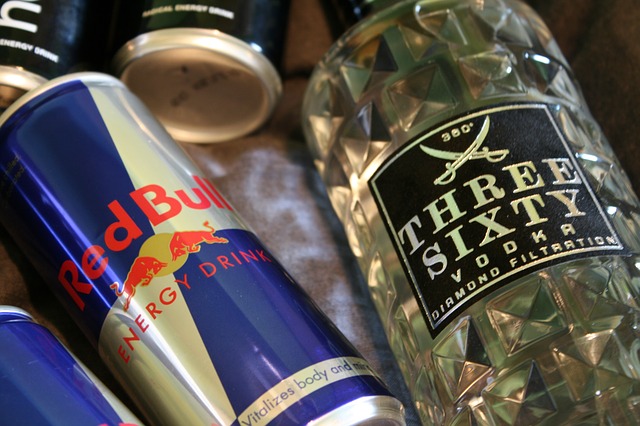Energy drinks are often consumed by those who wish for a quick boost, but it’s a known fact that they contain high caffeine content – even more than soda and coffee. Now, a new study suggests that these beverages appear to affect people’s hearts and blood pressure differently compared to other caffeinated drinks.
Researchers from the David Grant USAF Medical Center at Travis Air Force Base in California recruited 18 participants, composed of men and women. The participants were divided into two groups, TIME reports.
One group was given 32-ounce energy drinks commercially available to drink, with caffeine, taurine and ginseng as ingredients. The other group was given a drink of the same size containing similar levels of caffeine, plus lime juice, cherry syrup and carbonated water. After six days, each group swapped drinks.
The researchers measured all of the participants’ blood pressures at the beginning of the study, and at intervals after drinking the beverages. They likewise measured heart activity. Then they looked at the QT interval, or the time it takes a heart’s ventricles to beat.
The results showed that the group that initially drank the energy drinks had a QT interval that was 10 milliseconds higher than those who drank the other caffeinated beverage. This irregularity can lead to abnormal heart rhythms.
Emily Fletcher, a deputy pharmacy flight commander and study author, says that this difference is important, since the medications that affect the QT interval by as little as six milliseconds are required to have warning labels.
Furthermore, both groups had higher blood pressure after drinking either, though within normal range. But while the blood pressure of those who drank the controlled beverage returned to normal after six hours, those who consumed energy drinks retained their high blood pressure for over six hours.
The researchers believe this means other ingredients in energy drinks, apart from caffeine, could be affecting the human body. Fletcher says,
What the growing body of evidence is pointing to is that there are effects on the heart that are different than caffeine alone. Consumers should be aware that drinking an energy drink is not the same as drinking coffee or soda.
More research is needed, but Fletcher says this study suggests that people should be cautious when consuming energy drinks, especially those who are at risk for heart diseases. She says, “I would recommend only moderate consumption of energy drinks and particular avoidance in people with underlying cardiac disease or hypertension, or during activities that would also increase your blood pressure and heart rate, such as exercise or sports.”
The study was published in the Journal of the American Heart Association.
























